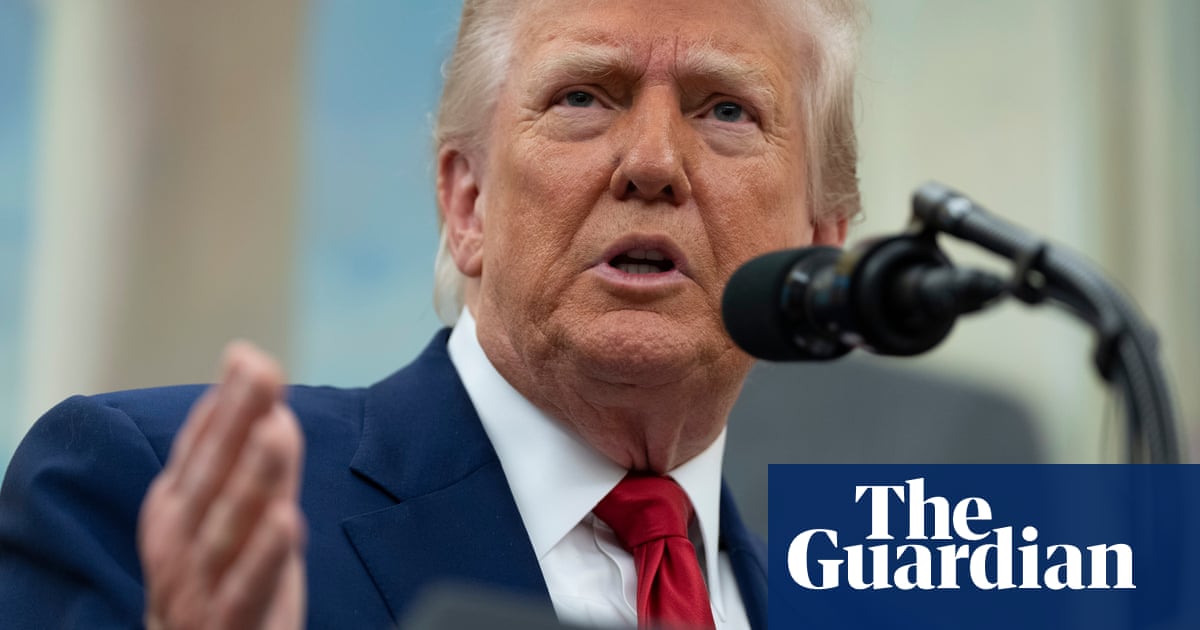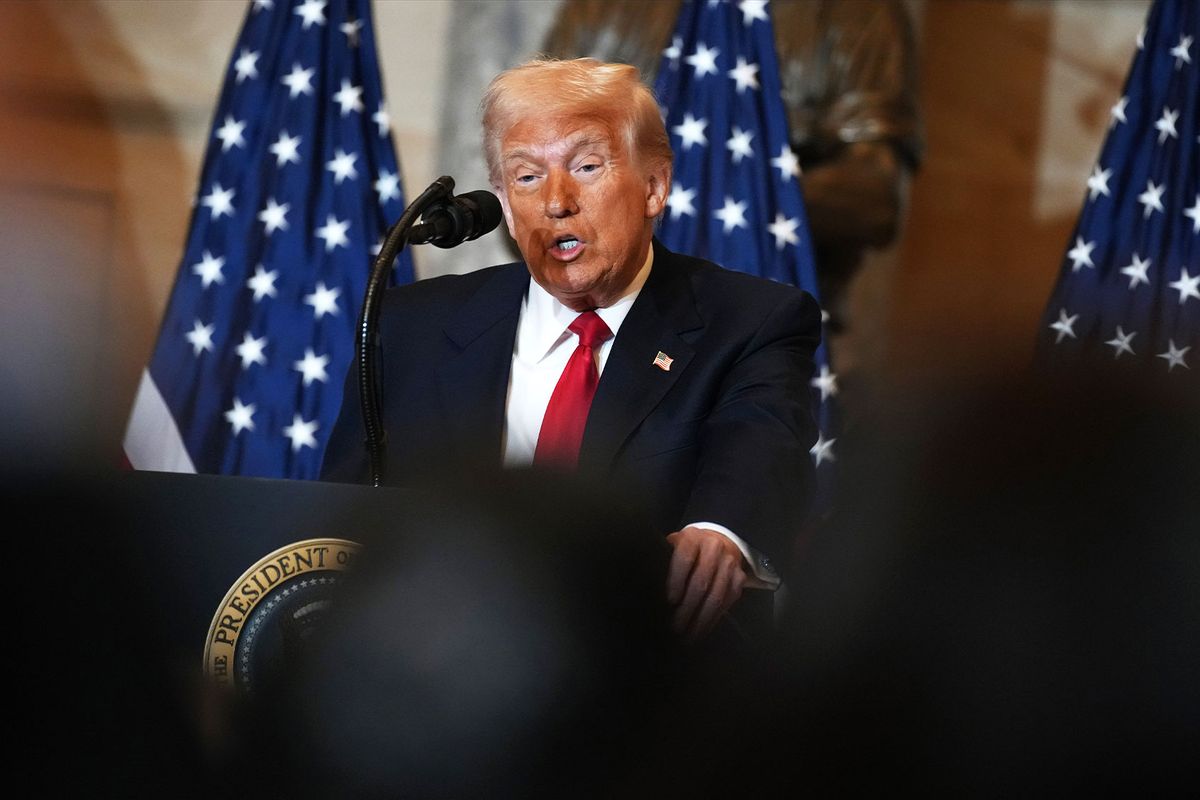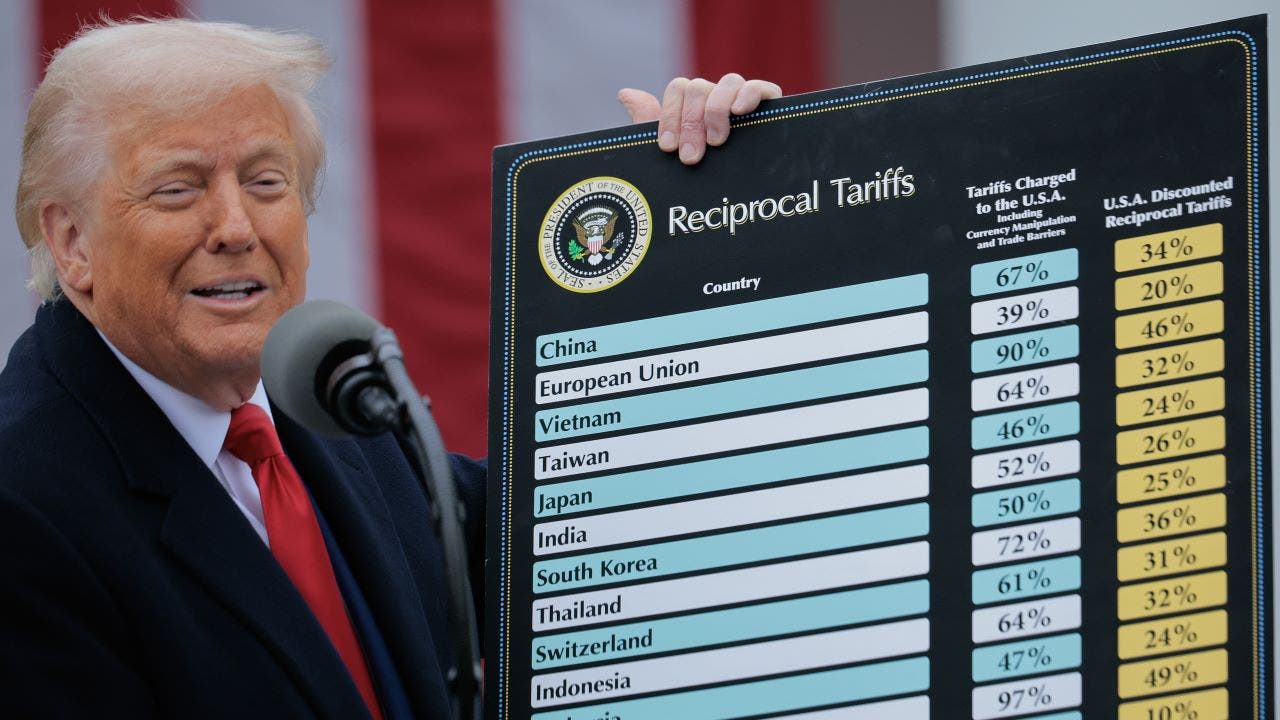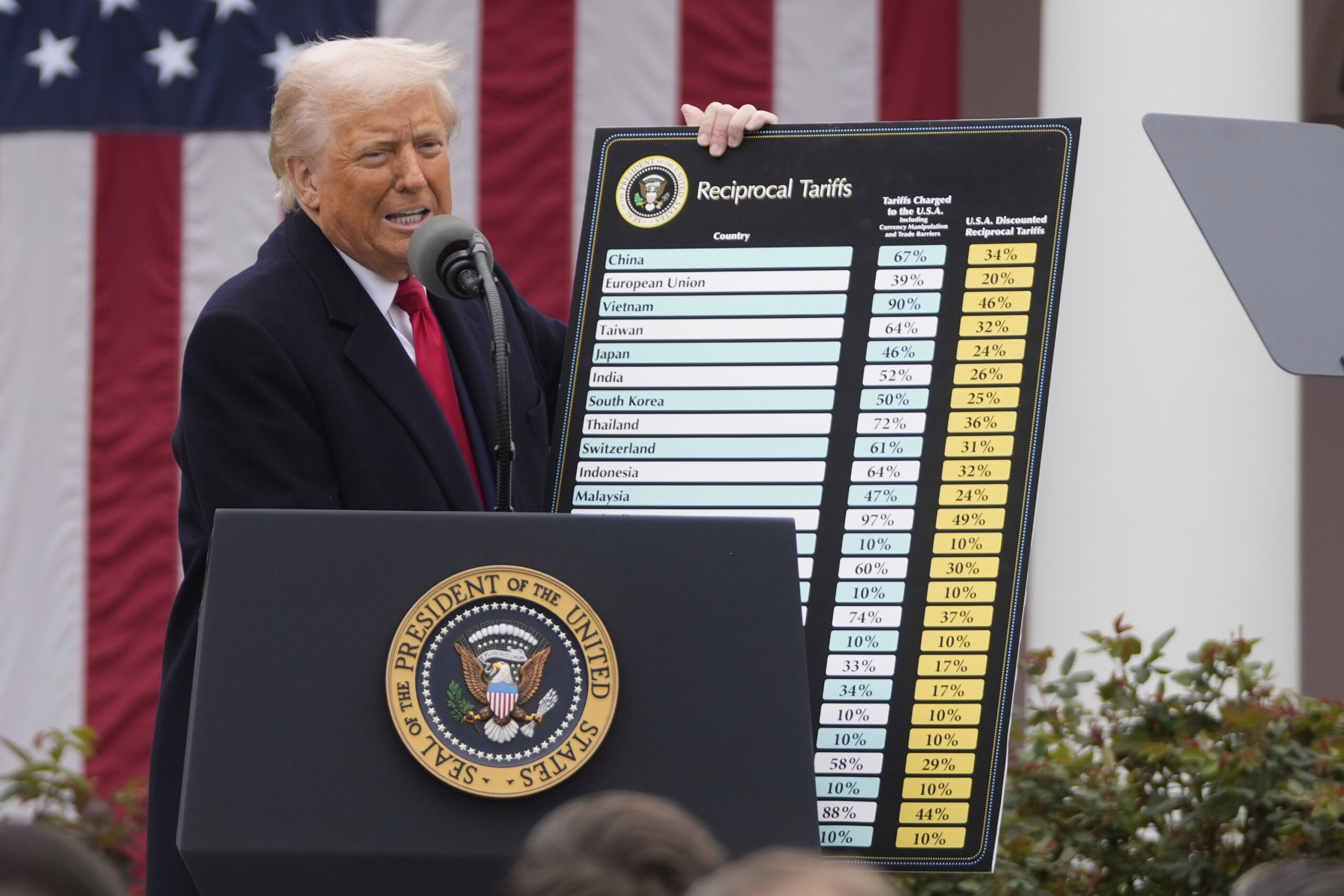Federal Court Blocks Trump's Tariffs, Upholds Judicial Independence
A federal court ruled against Trump's tariffs, stating they exceed presidential authority, marking a significant setback for his trade policy.
Subscribe to unlock this story
We really don't like cutting you off, but you've reached your monthly limit. At just $5/month, subscriptions are how we keep this project going. Start your free 7-day trial today!
Get StartedHave an account? Sign in
Overview
In a significant ruling, the U.S. Court of International Trade blocked President Trump's attempt to impose tariffs under the International Emergency Economic Powers Act (IEEPA), stating that the law does not grant such authority. This decision follows multiple lawsuits challenging Trump's trade policies, which critics argue have created economic chaos. The court emphasized that tariffs must be approved by Congress, not unilaterally imposed by the president. The ruling is expected to be appealed by the Trump administration, which argues that the tariffs are necessary to address national emergencies related to trade deficits.
Report issue

Read both sides in 5 minutes each day
Analysis
- The articles present a negative view of President Trump's tariff policies and their implications for small businesses.
- They highlight legal challenges and court rulings that question Trump's authority to impose tariffs.
- Critical responses from the White House reflect a contentious political environment surrounding these issues.
Articles (15)
Center (5)
FAQ
The International Emergency Economic Powers Act (IEEPA) was cited as the law under which Trump attempted to impose tariffs, but the court ruled that it does not grant him unlimited authority to do so.
President Trump justified the tariffs by declaring a national emergency due to what he perceived as an 'unusual and extraordinary threat' to national security and the economy, stemming from large trade deficits and unfair trade practices.
The Trump administration is expected to appeal the decision, challenging the court's interpretation of the president's authority under IEEPA.
History
- 5M

 6 articles
6 articles












